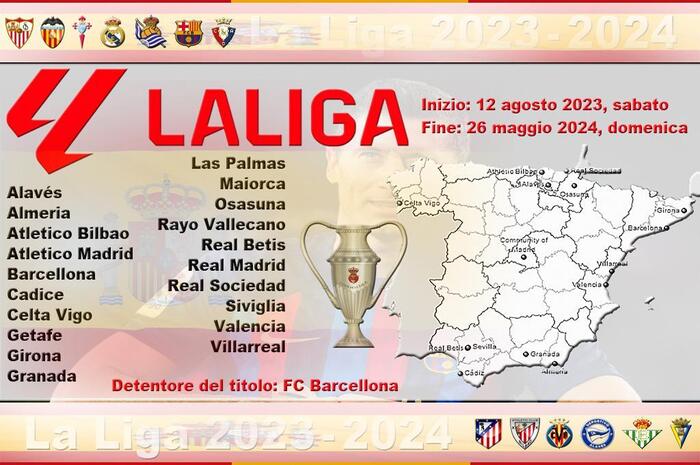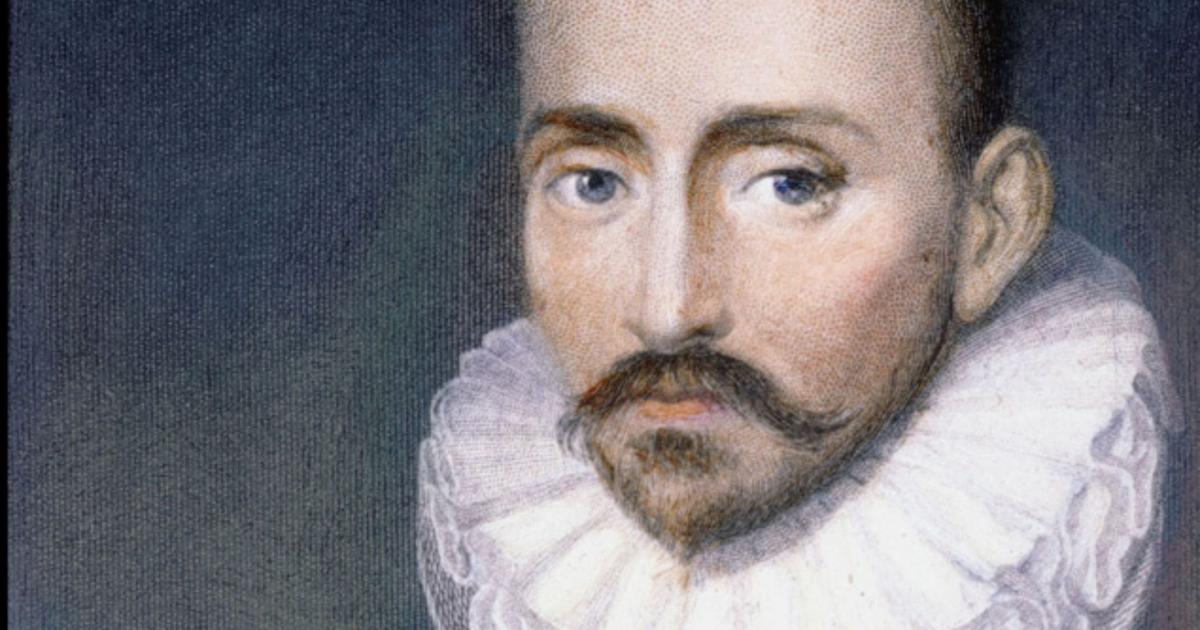What is happening in Colombia has never happened before;
at the same time, we have seen it before.
That is what I have been thinking since Tuesday, June 28, when the Truth Commission presented Colombian society with the first 1,500 pages of its report on our conflict.
The Commission was created by the Peace Agreements between the Colombian Government and the FARC guerrillas, but its scope goes far beyond the two negotiating parties.
Since 2018 they have crossed the entire country, speaking to everyone who has something to say about this war that has shaped our lives for six decades, from former guerrillas to policemen, from social leaders to former presidents, from the victims of all violence to the perpetrators all who caused it.
It may be the greatest effort ever made to recount the enormity of a conflict like ours, to establish why it happened, and to make recommendations so that it does not happen again.
But nothing, absolutely nothing, guarantees that all Colombians are willing to listen to what the report says.
Those of us who were there, at the Jorge Eliécer Gaitán Theater, sensed it from the beginning: when Father Francisco de Roux, who has chaired the commission from the authority of a lifetime dedicated to those who have suffered the war, announced that President Iván Duke had excused himself and would not attend the ceremony.
In a way, Duque's absence was predictable: his party has always delegitimized everything related to these peace negotiations, and orchestrated for years the gross campaign of lies and slander that led to the rejection of the agreements in the disastrous plebiscite of 2016 But even so, it was surprising that the president of this broken country, this country that tries every day to put the war behind it, went to Lisbon to receive an award from National Geographic.
So it is possible, and even probable, that this enormous effort of memory and research will be diluted in the sea of prejudices of those who prefer to cover their eyes or blame everything on it —the report, its terrifying results, its lamentable portrait of our shortcomings— to a conspiracy of the left.
Anyone who looks at the pages of the report will have to face the reality of our cruelty and our barbarism, and the other, more disturbing reality, that this barbarism and cruelty did not come only from a clearly identified enemy: they are the product of a war mentality and a sad inability to recognize the suffering of others.
In an essay by Todorov I recently came across these words from Nelson Mandela: “All of us, as a nation that has just found itself,
we share the shame of the capacity of human beings of any race or linguistic group to be inhumane with other human beings”.
I believe that this final report can be, for Colombia, that meeting place of the country with itself, that place where we confront our inhumanity and feel ashamed.
Well, that's what's there, in its pages, for anyone who wants to read them and not just hearsay.
There are the horrors committed by the FARC, from its cylinder bombs (such as the one that killed dozens of relatives of one of the commissioners in a church) to its 20,000 infamous kidnappings, which are in the report the main proof of its inhumanity and its degradation;
there are the horrors of paramilitarism, encrypted in massacres where cruelty seemed to have no other cause than to see suffering and in the crematorium ovens of Norte de Santander, where the paramilitaries disappeared the bodies of their victims;
there are, finally, the thousands of innocent civilians killed by army soldiers to pass them off as guerrilla casualties.
All this appears in the 900 pages of
Findings and Recommendations
, one of the ten documents that will be part of the report.
I suspect that Colombians born into the conflict, those of us who have always lived with the custom of horror, will read the document with a feeling of disbelief and recognition at the same time.
But I don't know how many of us realize that all of this, as the first line of this column suggested, seems to be happening for the first time, but at the same time has a bit of
déjà vu
.
Well, a similar document had already been made in our history: it was called
Violence in Colombia
and tried to give an account, in two thick volumes, of the causes of that partisan war that in a poorly counted decade, from 1948 to 1956, left us some 300,000 dead.
The authors of that analysis were a priest, Monsignor Guzmán Campos, and two sociologists, Orlando Fals Borda and Eduardo Umaña Luna.
His research was branded as leftist and biased;
After the publication of the book, Guzmán received so many attacks and pressures that he had to go into exile in Mexico.
The table of contents is disturbing to say the least.
“Socio-legal factors of impunity”, it reads there, while last week's report reads “Impunity as a factor of persistence”.
In both documents there are entries on sexual violence;
what is terror in one is sadism in another.
Violence in Colombia
was published in 1962: that is, two years before the
official start
of the war between the State and the FARC.
It is easy and very sad to interpret Colombian history in this way: two years after the publication of the report that tried to establish the causes of a decade of murderous violence, the murderous five-decade war began, the causes of which the report published ten years ago tries to establish. days.
The observer is excused if he sees in our history a persistent violence, invulnerable to the passage of time, that only changes actors and modes of financing and ideological pretexts, but that deep down responds to deeper forces.
That is, among many other things, what the Truth Commission asks itself: why?
Why have we been unable to break the cycles of violence?
Where does the mysterious capacity of our violence to reinvent itself come from?
The report, which I am reading little by little, will be an uncomfortable document for a long time.
But it is a mistake to see in him only what he can achieve in the future, since a good part of his achievements have already occurred: in the spaces for dialogue that have been opened so that those who used to kill each other meet, at the tables since which the perpetrators of all sides have named their crimes and apologized to their victims.
Colombia has too often been a country where it is preferred not to shake too much the facts of the past, lest the ghosts return.
The report wants to advance the idea that remembering – remembering everything and remembering it accurately – is the only way to heal wounds.
Let's see if we are not forced, in sixty years, to write another final report.
Juan Gabriel Vasquez
is a writer.
His latest book is
The Peace Disagreements
(Alfaguara).
50% off
Exclusive content for subscribers
read without limits
subscribe
I'm already a subscriber

/cloudfront-eu-central-1.images.arcpublishing.com/prisa/VLHDLS5DZRHHLCCEBZAJSBMDVU.jpg)



/cloudfront-eu-central-1.images.arcpublishing.com/prisa/57WJQXB25VEW3N6XHSY63XO6YQ.jpg)









